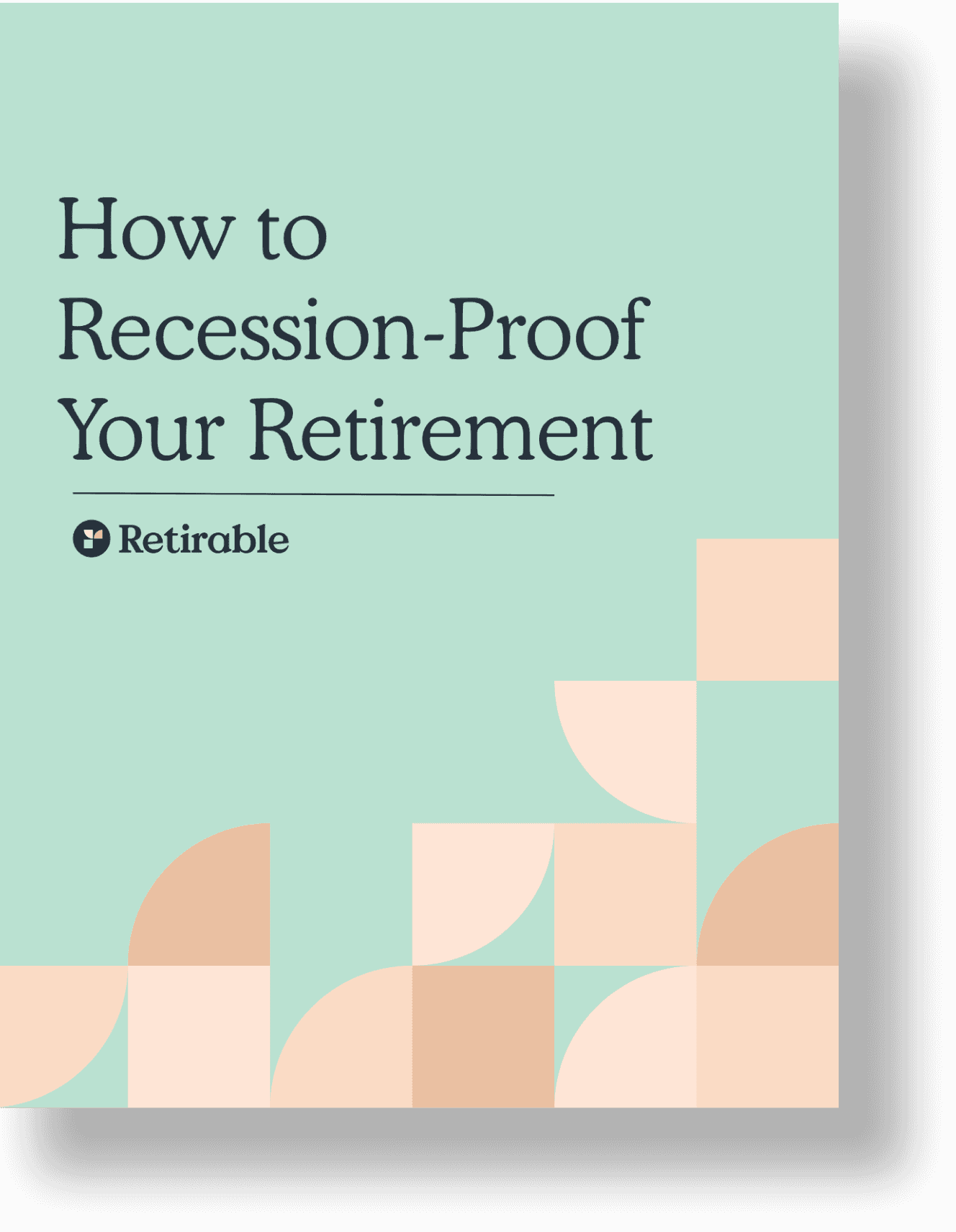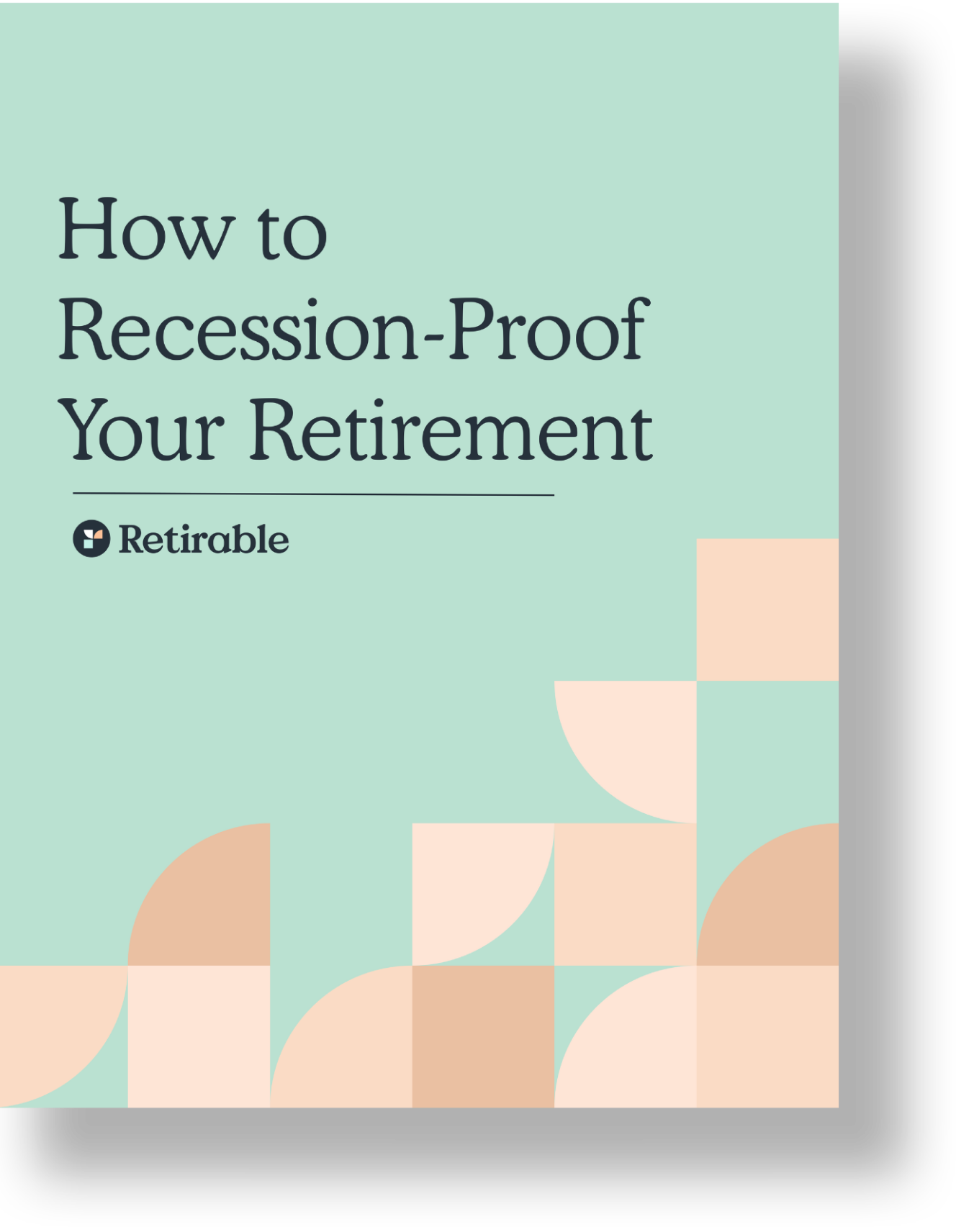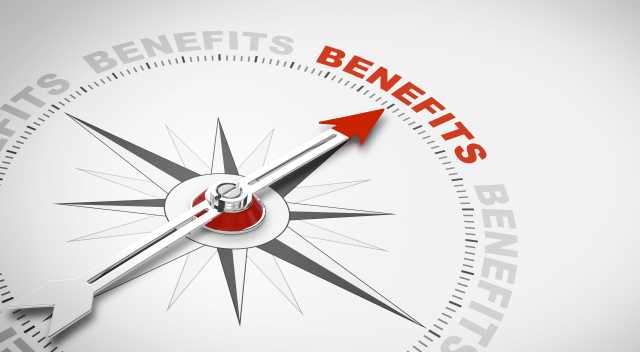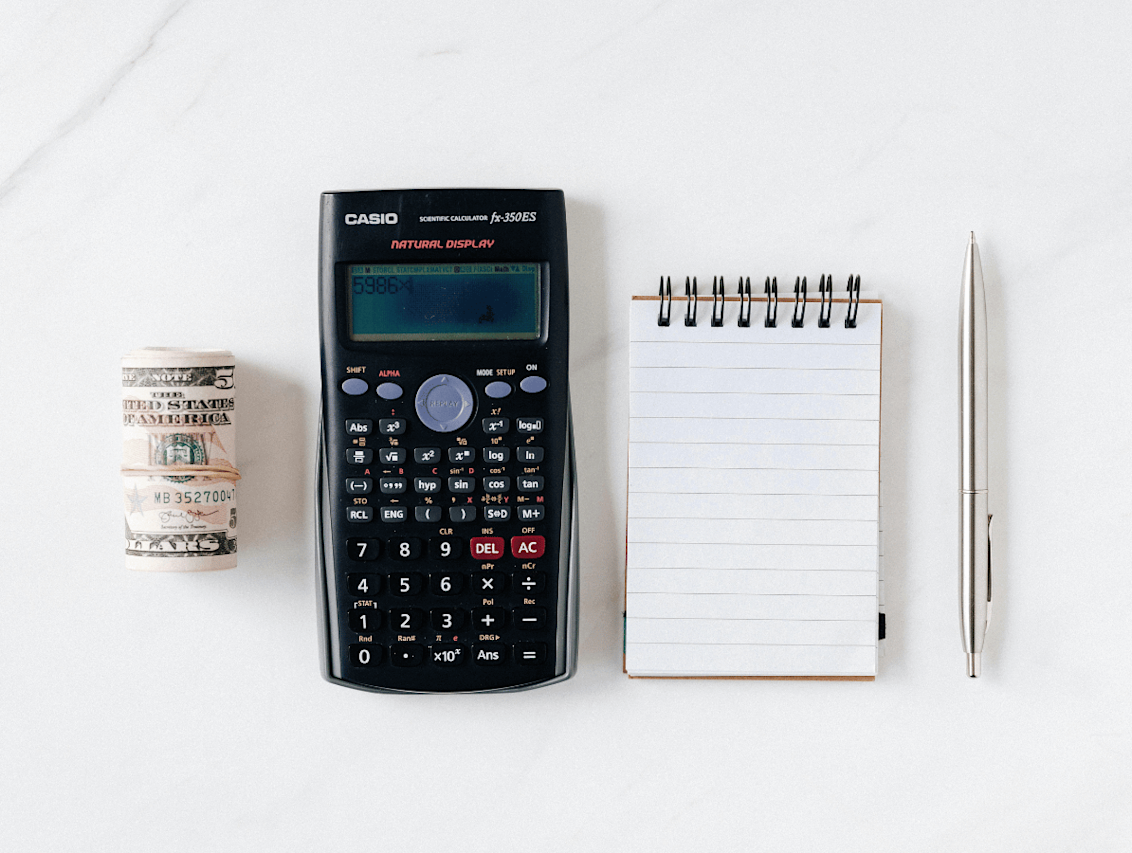Retirement Accounts
After decades of hard work, you’re finally ready to retire. But there have also been decades of managing your money, which may involve funding various retirement accounts. If, like most people, you had multiple employers during your career, it can be even tougher to keep track of every retirement account you have.

C.E Larusso
•
Published May 14th, 2024
•
Updated May 14th, 2024
Table of Contents
Key Takeaways
If you’ve switched jobs at least once, you may have retirement savings you’ve forgotten in the form of 401(k) accounts and pensions.
There are tools you can use to perform a quick 401(k) search. You can also look for pensions using the Department of Labor’s online tool.
These tools will only help you find the funds. You’ll have to use the information to claim them.
After decades of hard work, you’re finally ready to retire. But there have also been decades of managing your money, which may involve funding various retirement accounts. If, like most people, you had multiple employers during your career, it can be even tougher to keep track of every retirement account you have.
If you think you might have an unclaimed 401(k) or pension plan, it’s important to take a little time to search for it. Even if it’s only a few hundred dollars, that money will come in handy after you retire—and locating it now means you can better invest it for the future. Here are some tips on tracking down all your retirement accounts and claiming any funds you find.
How Many 401(k)s are Lost Each Year?
The number of “forgotten” 401(k) accounts is growing—Capitalize estimates that 1 in 5 U.S. workers have left behind their 401(k) accounts. As of May 2023, the company estimates that 29.2 million forgotten accounts out there, which collectively hold approximately $1.65 trillion in assets. This amount is up from 24.3 million in May of 2021.
Why are there so many lost or forgotten 401(k) accounts? When you quit your job, your 401(k) doesn’t automatically come along with you. If you don’t do anything, it’s very possible you will forget about it, leaving thousands of dollars in an account tied to your former employer, which will have different fees, allocations, and custodians. When your retirement accounts are scattered in various places, it’s difficult to track their progress and ensure that you’re seeing the highest rate of return possible. You might also end up paying extra administrative fees.
How to Find a Lost 401(k)
Read through old 401(k) plan statements
Dig around in your file folders or your email for your former 401(k) account statements. Finding your statements from your past accounts and linking those statements to the jobs you held over the years can help you figure out which employer is linked to which 401(k). You’ll then be able to contact the 401(k) plan once you decide what you’d like to do with the money.
Contact your former coworkers and employers
If you don’t have any old statements or can’t find them, consider reaching out to your former coworkers to see if they know which plan you were on. You can also reach out to your former employer directly, if you feel comfortable doing so—the best place to start would be the Human Resources department. Equipped with your name and Social Security number, they should be able to easily look up your account.
Use the Department of Labor’s website
The Department of Labor has a handy search function where you can retrieve a company’s benefit plan information. You’ll need to search for the employer’s Form 5500, which is an annual report required to be filed for employee benefit plans. If you can locate it on the site, you should be able to uncover the plan’s administrator while you were employed.
FreeERISA is another free tool you can use to dig up Form 5500s—you’ll just need to register to use the site.
Search National databases for unclaimed assets
There are a couple National databases where you can search for any unclaimed assets.
- The National Registry of Unclaimed Retirement Benefits allows you to search by simply entering your social security number. The search results will show if you have any unclaimed 401(k) funds, either held in an employer’s plan or in a special IRA the company opened to hold the funds.
- The National Association of Unclaimed Property Administrators website can help you locate any unclaimed money you are owed, but it’s unlikely to turn up 401(k) accounts—you might locate a missing IRA, however. You will need to search by each state where you have lived or worked, and then issue a claim to any funds on the respective state’s site.
Use one of many 401(k) recovery apps
There are several apps that now exist to help people locate their lost 401(k) money. One is Beagle, an app that allows users to locate lost 401(k) accounts as well as roll them over into a combined account. Capitalize also has a 401(k) finder tool, and offers help rolling old 401(k) balances into an IRA.
How to Find a Lost Pension
If your search for unclaimed retirement benefits is specific to a pension rather than a 401(k), the U.S. Department of Labor’s Employee Benefits Security Administration can help. The site has an Abandoned Plans section that details plans that have been neglected by the employers who sponsored them. This often happens when an employer filed bankruptcy or the plan sponsor is no longer around to administer it.
Another resource for tracking down a lost pension is the U.S. Department of Labor’s Form 5500 Search. Employers are required to report their retirement details using this form, so a search can help you track down the information you need to get in touch with your plan administrator.
If your pension was governmental, you should go through the government website specific to your city, county, or state. State and local government pensions can be tracked down through the personnel office. Military pensions are administered through the U.S. Department of Veterans Affairs, and information on federal government pensions is available through the Federal Employees Retirement System (FERS).
Your former employer might have turned over your pension plan to an insurance company. This insurance company is still obligated to pay out your annuity benefits, so dig through paperwork to see if you can find a letter from your former employer regarding this turnover.
Whatever search you use to ask, “Do I have retirement money somewhere?”, these databases are solely designed to identify those funds. You’ll still have to contact the plan administrator or former employer to get your money. It will at least give you the information you’ll need to get started, though. If you don’t find anything in these searches, you might also want to confirm that you were actually vested in the pension plan to qualify for benefits. Some plans vest in as little as five years, but others require 10 or even 20+ years of employment to qualify for retirement payments.
Whether you use find my 401(k) tools or not, you’ll need to get in touch with your former employer, assuming it’s still in business. There’s also the option of contacting the company administering the retirement plan. You may have to jump through some hoops to prove your identity or make multiple phone calls, but it’s worth the extra legwork if there’s a check at the end of it.
How to Find a Lost Roth IRA
It’s notably easier to track down a lost Roth or traditional IRA than it is to find a lost 401(k). The reason? There are different federal rules governing these two kinds of accounts—the Employee Retirement Income Security Act (ERISA) outlines financial protections for employer-sponsored retirement plans, and these protections prevent holding institutions from sending retirement account checks to anyone but a designated beneficiary. Therefore, if the account hodler cannot be found, the checks just sit and sit.
ERISA does not prevent the holding institution from reporting or sending uncashed Roth IRA checks to a state unclaimed property administrator, so the state can then file a record of the unclaimed property. Therefore, to find a lost IRA, you should be able to simply complete a search on the National Association of Unclaimed Property Administrators (NAUPA).
What Should I Do When I Find My Lost 401(k)?
Once you’ve tracked down your lost retirement funds, you have some decisions you need to make. You can, of course, withdraw the funds and spend them, but there are a few reasons that might be a bad idea. If you’re withdrawing funds from a forgotten 401(k) or other savings plan, take some time to research the taxes or penalties you’ll have to pay on any money you take out. Unless you put after-tax funds in, you’ll be taxed on the funds as you would with any type of income.
If you’re 72 years old, though, you’ll need to pay attention to the Required Minimum Distributions (RMDs) to avoid a penalty. The amount you’re required to take each year is based on a calculation that divides your account balance by your life expectancy factor. You can use the IRS Required Minimum Distribution Worksheet to help with that.
For the remainder of the amount, there are three options:
- Roll over the 401(k) savings into an individual retirement account (IRA): This allows your money to continue to grow tax-deferred, and you might have access to more investment choices than what your employer’s plan offers. Before opening the IRA, research the different fees that various financial institutions charge—they can vary quite a bit.
- Roll over the old 401(k) into a new 401(k) account — if permitted by your new employer: You’ll need to confirm if this is possible with your employer, but if so, you might feel comforted seeing all of your 401(k) savings consolidated into one plan.
- Leave the money behind in the former employer’s 401(k) plan: This might not be an option for you, depending on your account balance—if you have less than $7,000 in the plan as of 2024 ($5,000 in 2023), the money might be automatically sent to you or to an IRA. In addition, keeping the money locked in your former plan also means you can’t add to it or take a 401(k) loan.
Weigh your options, including calculating the income taxes you’ll owe on any amount you withdraw, before making any decisions.
Final Thoughts
As easy as it is to find a 401(k) with Social Security number and look up your pension, you should be able to identify any funds that are out there. Retrace all your career stops and make sure you’ve accounted for every pension, IRA, 401(k), and savings account you’ve ever had. Once you’ve tracked down your forgotten funds, we recommend consulting a Certified Financial Planner®️ who can help you make the most of the money.
Frequently Asked Questions
Can I find my 401(k) online?
It’s possible! Some people are able to locate their lost 401(k) accounts by using a tool such as those offered by Beagle or Capitalize, or by doing some sleuthing work and searching the National Registry of Unclaimed Retirement Benefits. If these options don’t yield any results, it’s best to check with your former employer.
What happens to an abandoned 401k?
Do you suspect your plan has been abandoned by the administrator? The Employee Benefits Security Administration has a tool that allows you to search for abandoned 401(k) retirement plans. Hopefully, though, you won’t need this—if a company files for bankruptcy or goes out of business and no longer administers the retirement plan, they are legally required to send the plan’s balance to you.
How do I withdraw money from my 401k?
If you are 59 ½ or older, you can take withdrawals from your 401(k) without paying a penalty. If you are younger, you’ll need to ask your company’s HR department to see if an early 401(k) withdrawal is allowed; usually you need to complete paperwork and explain why you need early access to these funds. Taking out an early withdrawal will subject you to income taxes (based on your tax bracket) plus a 10% penalty.
How can I find out if I have a lost 401(k) or other retirement account?
To locate a lost 401(k) or other employer-sponsored retirement plan:
- Contact Previous Employers: Reach out to the human resources department of any past employers for information on your retirement account.
- Check Old Statements: If you have any old statements, these can provide clues on where your account might be held.
- Use the National Registry of Unclaimed Retirement Benefits: This free service can help you find unclaimed retirement account balances left with former employers.
- Search with the Department of Labor (DOL): The DOL’s Abandoned Plan Database can help identify lost or forgotten retirement accounts from employers that have terminated their plans.
What should I do if I find a lost retirement account?
Once you locate a lost retirement account:
- Review the Account Status: Check the current value, investment allocations, and any fees being charged.
- Consider Consolidating Accounts: If you have multiple retirement accounts, consider consolidating them into a single account to simplify management and potentially reduce fees.
- Update Your Contact Information: Ensure your current address, phone number, and email are up-to-date to avoid losing track again.
- Review Beneficiary Information: Make sure your beneficiary designations are current.
Can unclaimed retirement funds be forfeited?
Generally, retirement funds are held for the account owner and are not forfeited. However, unclaimed funds in a forgotten account may be transferred to a state unclaimed property fund if the financial institution is unable to contact the account owner for an extended period.
How can I prevent losing track of retirement accounts in the future?
- Keep Detailed Records: Maintain records of all retirement accounts, including institution names, account numbers, and contact information.
- Consolidate Accounts: Consider consolidating multiple retirement accounts to reduce the chance of forgetting about one.
- Update Your Information: Always update your contact information with financial institutions if you move or change phone numbers or email addresses.
- Regularly Review Your Accounts: Make it a habit to review your retirement accounts annually to ensure everything is in order.
Share this advice

A professional content writer, C.E. Larusso has written about all things home, finance, family, and wellness for a variety of publications, including Angi, HomeLight, Noodle, and Mimi. She is based in Los Angeles.
Understanding 401(k)s
401(k) Rules
Cashing Out your 401(k)
Understanding Roth 401(k)s
Roth IRA Basics
Share this advice

A professional content writer, C.E. Larusso has written about all things home, finance, family, and wellness for a variety of publications, including Angi, HomeLight, Noodle, and Mimi. She is based in Los Angeles.






